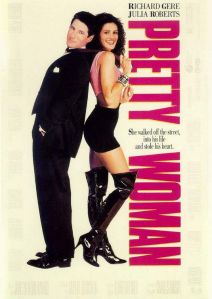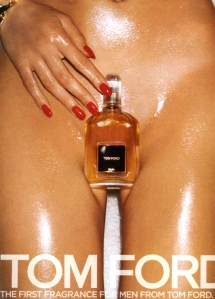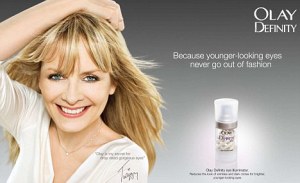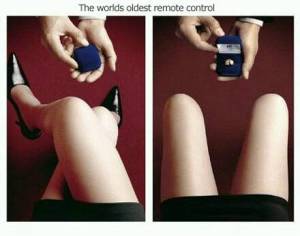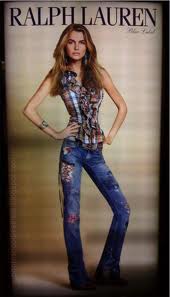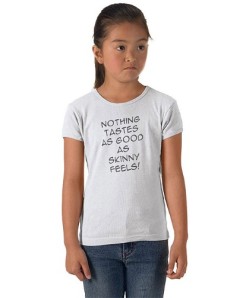The number of female friends of mine who have described relationships in which their independence and self-esteem have been decreased or compromised is staggering. I knew this for the last five years, at least, but I never thought that it would be me in that situation. In fact, even while I was in that situation, I didn’t realize what was going on — just how abnormal, and not okay, the situation was.
I ended a 4 year relationship at the beginning of this past summer. I won’t go into the details of what happened, but I just didn’t want to deal with it anymore; the drama, the constraints, the total emotional roller coaster. But I never realized just how much I needed to be rid of it. After I broke up with him, I had the best summer of my life. Freedom was wonderful, and I seemed suddenly to have gotten a massive energy boost. I wanted to do everything, to explore, to adventure, to do whatever I wanted with spontaneity. I was incredibly happy, and the sudden contrast made me realize just how downtrodden I had become. I realized that all those weeks of tears and those rages which came out of nowhere were not “just hormones”, or just my shortcomings as a person. Those emotions were real, they were in response to the subtle and small injustices to which I was constantly being subjected. I realized that I should have trusted my emotions and my instants, and realized that I knew that the way I was being treated was wrong.
Many women have experienced situations like this. There’s a a spectrum, of course — such violence against women can be physical, sexual, verbal, subtle, overt, oppressive, jealous, and so on. And even if you’ve never experienced it in a relationship (because I’m not at all trying to say that all men participate, or that we should spurn relationships because they lead to violence), you may have experienced such a spectrum of violence out in public. Walking alone at night, taking the chance to raise an argument in class or at a meeting, expressing an opinion, It’s hard to avoid these kinds of situations without forgoing a fulfilling life — yet these situations can all lead to an experience of oppression and violence.
And no matter where your experiences are on the spectrum, the results, at the basic level, are similar. You’re left making excuses, wondering how you let this happen. Maybe, like me, you wonder how even after all your social justice learning and research, all the positive female influences in your life, you still can fall for that kind of treatment. It’s been nine months since I broke it off with my ex, but I still have painful flashbacks of all those things that I let slide. These are the times when I need to go lie down, curl into a ball, and just try to make sense of it all. At the same time, I find myself making excuses – still – and telling myself that it wasn’t so bad.
I’m writing this with hesitation. I’m worried about admitting what happened, and about what others will think of me or him. But I want to share this because I know that I’m not alone.
Feb 13-16 is Women’s Worth Week at Queen’s, and I’m currently helping to organize it along with some wonderful women who are truly passionate and concerned about this issue. We need people to share stories and volunteer, and I really encourage you to visit our Facebook page. Hopefully, through this event, we can create a space for some healing.

